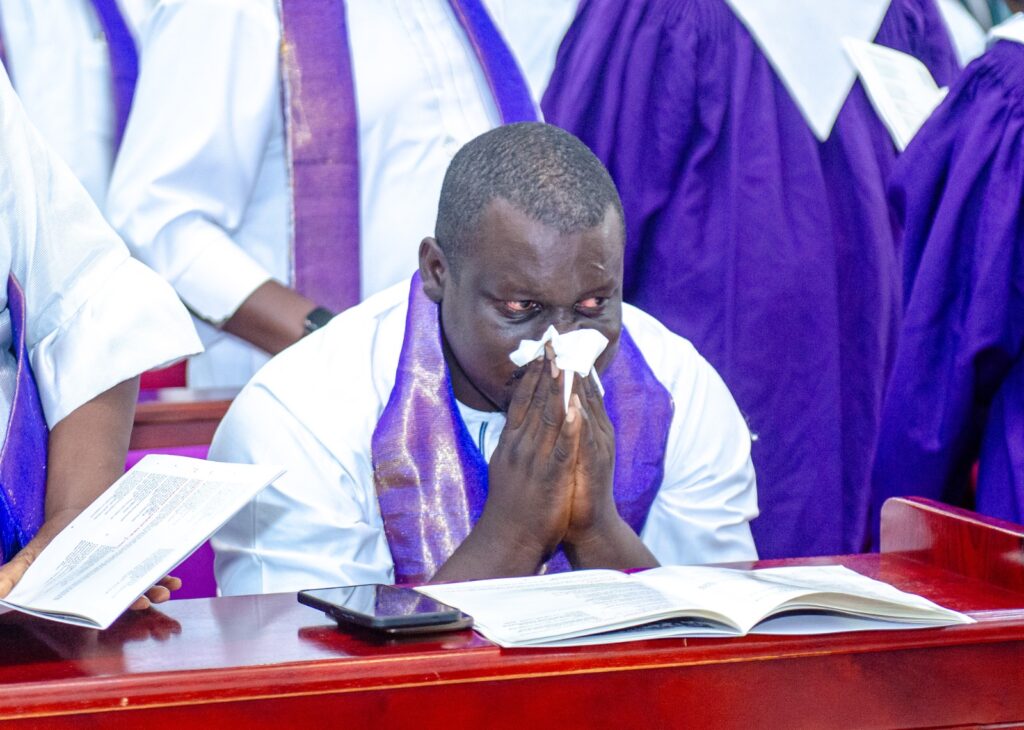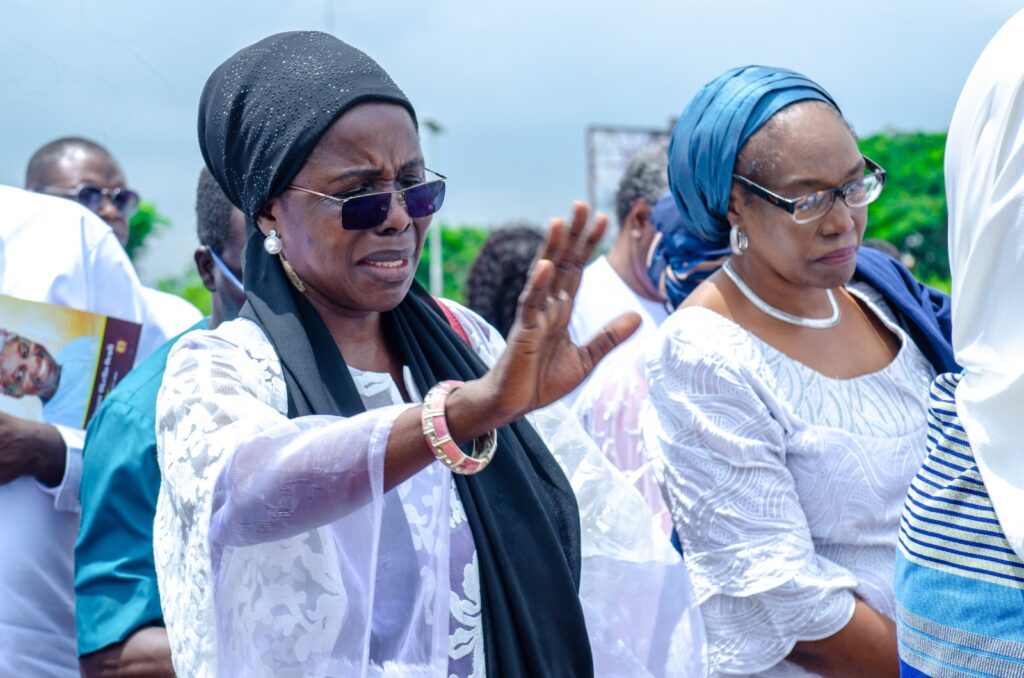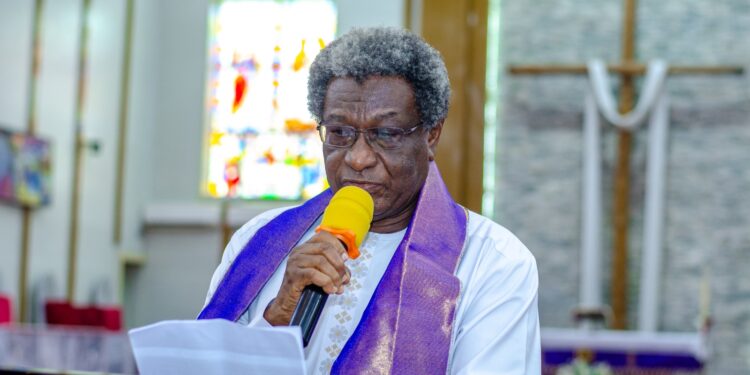ABUJA, NIGERIA. In the tapestry of African letters, some threads are woven with quiet elegance, others with bold defiance. Prof Okello Oculi was of the latter.
He was not merely an academic who wrote for the halls of learning, but a poet who carried his words to the marketplace, a literary artist whose characters spoke the language of the masses, and a revolutionary who saw the pen as a sword.
His story began not in the lecture halls of Nigeria, but under the African sun of Uganda. From these roots grew a deep-seated empathy for the common person, a sensitivity to the struggles of a continent in search of its soul.
When he arrived in Nigeria, fleeing full-blown tyranny, it was not just a destination; it was a home where he found a voice and purpose. At the Ahmadu Bello University, Zaria, and other places of learning, literary and intellectual interaction, he didn’t just teach and pen discourse texts; he taught his students to see their own stories reflected in the pages of books from a pan-African perspective.
Any engagement with Prof Oculi became a subtle reminder that Africa needs its own thinkers to address its unique challenge, reclaim its identity, and contribute to global thought from an authentic perspective.
Historically, African thought has been marginalised or misinterpreted, with colonial perspectives often portraying the continent’s intellectual traditions as non-existent or pre-logical.
His was a pen that drew blood, not with malice, but with truth. In his books Malak, and Orphan, his words were not polite verse but a fierce, unflinching critique of corruption and oppression.
He used satire as a shield and allegory as a weapon, challenging powerful forces and speaking for those who had no voice. He exposed the rot in the political system and the pain of the forgotten, all while crafting narratives that were both beautiful and brutally honest.
But the printed page could not contain him. Oculi stepped out of the academic tower and onto the public stage. He was the intellectual who refused to be silent, the scholar who would not stand idly by. Whether in a televised interview or a newspaper column, he was a relentless truth-teller, a critic of injustice, and an unwavering advocate for the oppressed.

He was the poet who became an activist, and the activist whose words were his greatest ammunition.
Today, though his voice is stilled, his echo remains. His legacy is not just in the books that line our shelves, but in the minds of a new generation of writers and activists who have inherited his courage.
The fight he chronicled continues, and the truths he told are as relevant now as they were a half-century ago. He showed us that an intellectual’s greatest duty and by extension that of the creative writer, is to be the conscience of their nation.
We remember Prof Okello Oculi, the man who dared to challenge the powerful, the voice that continues to inspire us to speak, and the poet who, truly, belonged to the people.
This funeral oration was read by Dr Emman Usman Shehu for the Shehu/Ogazuma/Greater Baku Families.













